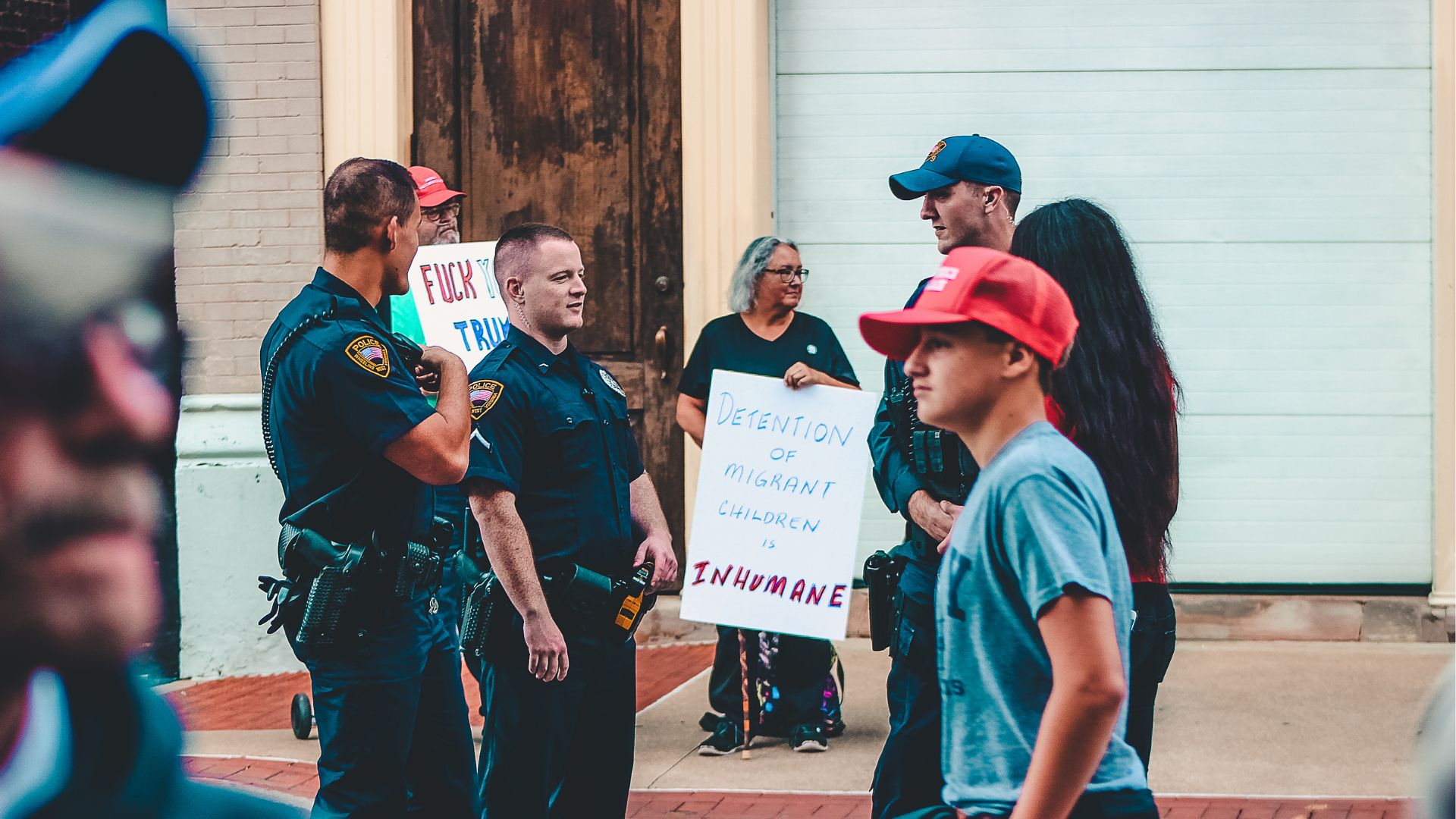Recent shifts in immigration enforcement and policy have raised serious civil rights concerns—from due process and free speech to the safety of immigrant communities. As enforcement intensifies, so too do the legal risks for individuals whose rights are being curtailed. Below is an overview of developments to watch, where civil liberties are most impacted, and what affected individuals should know.
What’s Changing: Key Policy Shifts & ICE Practices
-
Expanded ICE Arrests & Broader Enforcement
-
ICE has increased operation frequency and geographic scope. Agents are operating in more places, including previously “sensitive locations” such as schools, hospitals, and religious institutions.
-
There is focus not only on individuals with criminal records but increasingly on those without charges—noncitizens whose only “violation” may be immigration status.
-
-
Reduction of Legal Safeguards: Bond & Warrant Protections
-
New policies have stripped many detainees of eligibility for bond hearings, meaning that even people with no criminal background or long-term U.S. presence may remain in custody throughout often-lengthy proceedings.
-
Concern has been raised over ICE detaining people without warrants or probable cause in certain jurisdictions. Suits have been filed alleging routine detentions of individuals without the required legal justification.
-
-
Expedited Removal & Fast-Track Deportations
-
Some policies allow removal without full hearings or without usual court oversight for noncitizens who meet certain criteria. These reforms raise concern about whether individuals are adequately able to present defenses or access legal counsel.
-
-
First Amendment & Free Speech Implications
-
ICE and DHS have also come under legal scrutiny for targeting noncitizens on the basis of political expression. For example, recent court rulings have found that certain actions to deport or penalize those protesting or expressing views on foreign policy (e.g. positions regarding Palestinians/Israel) violate constitutional protections of free speech, including for noncitizens.
-
-
Reduced Oversight & Civil Rights Enforcement Within DHS/ICE
-
Oversight offices, such as DHS’s Office for Civil Rights and Civil Liberties, the Immigration Detention Ombudsman, and the USCIS Ombudsman, have seen cuts or are being scaled back. Critics argue this weakens checks on enforcement abuses and diminishes protections for immigrants’ civil liberties.
-
Civil Rights Issues Raised
These changes have triggered or exacerbated a number of civil rights threats:
-
Due Process Erosion: Many immigrants are being denied access to bond hearings, judicial review, or legal representation. When bond or hearing is not available, or when removal is fast‑tracked, the opportunity to challenge or present a case is severely limited.
-
Discrimination & Racial Profiling Risks: Reports suggest that ICE is disproportionately targeting certain ethnic groups under broadly defined policies. Arrests without warrants or probable cause disproportionately affect Latino and other immigrant communities.
-
Overreach at “Sensitive Locations”: Schools, religious institutions, and hospitals have traditionally been safe zones. Expansion of ICE operations into these spaces can chill access to education, healthcare, and religious freedom.
-
Free Speech Impacts: Noncitizens expressing political beliefs (including foreign policy viewpoints) risk retaliation, visa revocations, or targeted enforcement—raising First Amendment concerns.
-
Family & Community Disruption: Indiscriminate or warrantless arrests, and expanding detention policies, also risk separating families, disrupting community trust, and causing trauma—especially for children and those with mixed status households.
Who is Most Affected
While many policies are broad, certain groups are especially at risk:
-
Noncitizens with no criminal history, including long‑time residents, asylum seekers, or people with pending cases.
-
Citizens and noncitizens in mixed status households—parents, children, spouses who are U.S. citizens but family members are not.
-
Students, faculty, or anyone involved in political expression, especially regarding foreign affairs.
-
Individuals in or near “sensitive locations”, or seeking essential public services.
What You Can Do: Legal Rights & Strategies
If you think you or someone you care about might be affected by these policies, here are steps and protections to consider:
-
Know your rights on arrest & detention
-
You have rights to due process. ICE agents generally need probable cause or a warrant (unless in certain exceptions) to arrest someone.
-
Bond hearings are a legal safeguard; watch for policies that strip bond eligibility. Legal counsel can help push back.
-
-
Document everything
-
Dates, times, names, interactions. If arrested without cause, collect evidence. If speech or expression is involved, save posts, messages, witness contact info.
-
-
Seek legal representation early
-
Access to an attorney can make a difference, especially in fast‑track deportation or removal proceedings.
-
-
Challenge unlawful policies via litigation and class actions
-
Many of these policies are being litigated already; local civil rights and immigrant rights groups can be resources.
-
-
Stay informed of local state and city protections
-
Sanctuary jurisdictions, state laws, and city ordinances may provide additional rights or limitations on ICE cooperation.
-
Why These Changes Matter
These shifts are more than policy tweaks—they represent a pivot in how civil liberties are balanced against immigration enforcement. A legal system without appropriate checks, due process, or rights for vulnerable individuals risks undermining democratic norms. For those affected, the consequences are deeply personal: the possibility of losing home, family, livelihood, or voice.
At my practice, I believe advocacy is essential. Individuals harmed by overbroad immigration enforcement must have access to justice. If you or your loved one have been detained, are facing removal without hearing, or believe your civil or constitutional rights were violated by ICE or immigration policy, please reach out for a consultation. You have rights—and there are legal paths forward.


